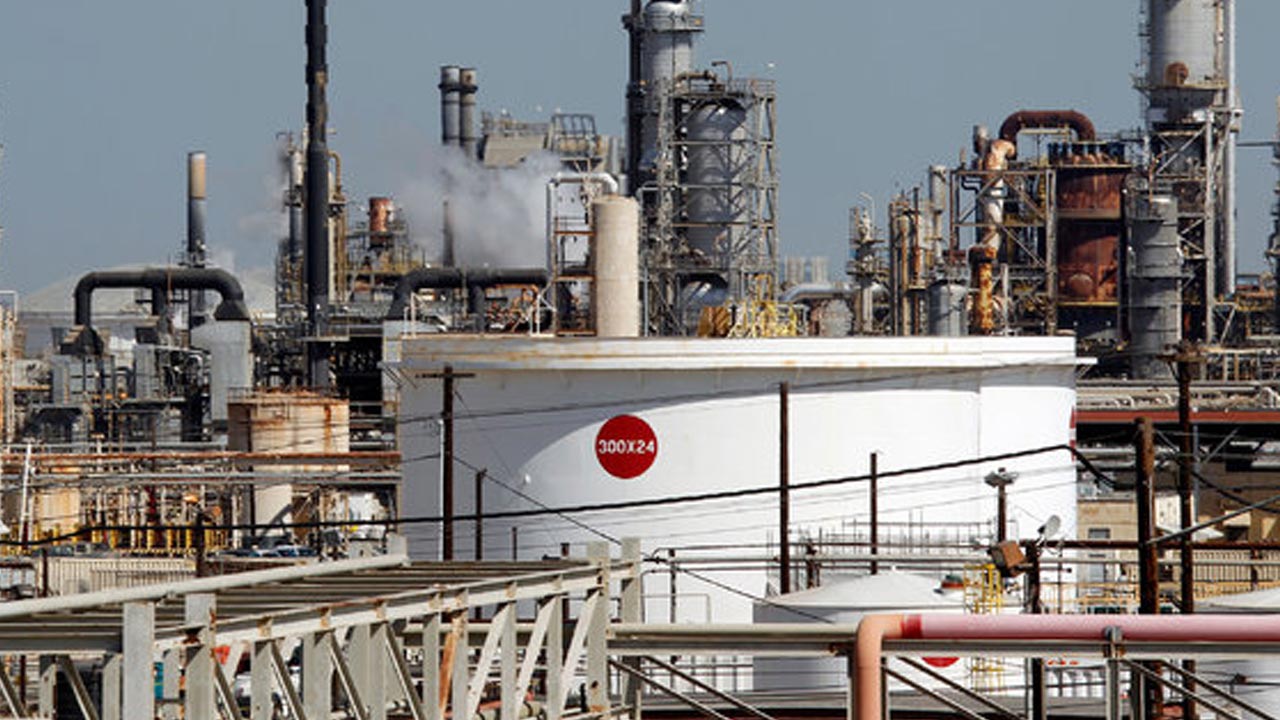
The Federal Government on Sunday night described the divestments by international oil companies from the Nigerian oil and gas sector as a threat to the industry.
It, however, challenged indigenous oil producers to see the IOCs’ divestments as an opportunity for Nigerian firms operating in the space to take advantage of the development.
The Chief Executive, Nigerian Upstream Petroleum Regulatory Commission, Gbenga Komolafe, disclosed this at the Gala Dinner of the Independent Petroleum Producers Group in Abuja, which had the theme, “IOC Divestment – Nigeria’s Energy Security and the Role of IPPG in the New Dawn.”
The IPPG is made of 25 indigenous member oil and gas companies with global reach and capacity in the sector.
Delivering the keynote address at the dinner, Komolafe said, “As a regulator, the commission is not oblivious of the threat posed to the development of the Nigerian hydrocarbon industry by the divestment of the IOCs.
“The impetus for divestment by the IOCs is mainly attributable to the hostile upstream petroleum environment arising from the menace of crude oil theft and energy transition as a global response to the advocacy for the reduction in carbon emission.
“Our view as a commission is that the IPPG and other prospective indigenous players should perceive the IOCs’ divestments in some of the upstream assets as an opportunity rather than a threat to the development of the Nigerian upstream petroleum sector.”
He added, “It is indeed the right time to look inwards in the sector to boost the capability of the local content in value addition and optimising the development of the nation’s hydrocarbon resources.
“Therefore we encourage you as indigenous players across the value chain to deploy your competencies and ingenuity in promoting vibrancy and capacity utilisation in the industry.”
Nigeria has five IOCs operating in the country and they include Shell Producing Development Company, TotalEnergies, Chevron, ExxonMobil and Eni.
According to reports, most of the assets targeted for divestment by the IOCs were the onshore properties located mostly in shallow waters on land.
These are mainly the marginal fields which are mostly relatively low in the quantity of crude oil found in them.
A report in the Africa Report, a journal on African politics and business, stated that in the past 11 years the IOCs had divested a total of 26 Oil Mining Licences in the Niger Delta Basin with more set to be sold.
But Komolafe encouraged indigenous operators not to be deterred by the divestments, stressing that Nigerian firms operating the sector were currently producing a considerable amount of crude oil and gas.
“Remarkably, as of today, I’m proud to say that indigenous companies contribute about 30 per cent of crude oil and 20 per cent of the gas production, as well as 40 per cent and 32 per cent of oil and gas reserves respectively,” the NUPRC boss stated.
The Chairman, IPPG, who doubles as Chairman, Waltersmith Group, Abdulrazaq Isa, also charged other indigenous operators to work harder to further strengthen the country’s oil sector despite the divestments by IOCs.














